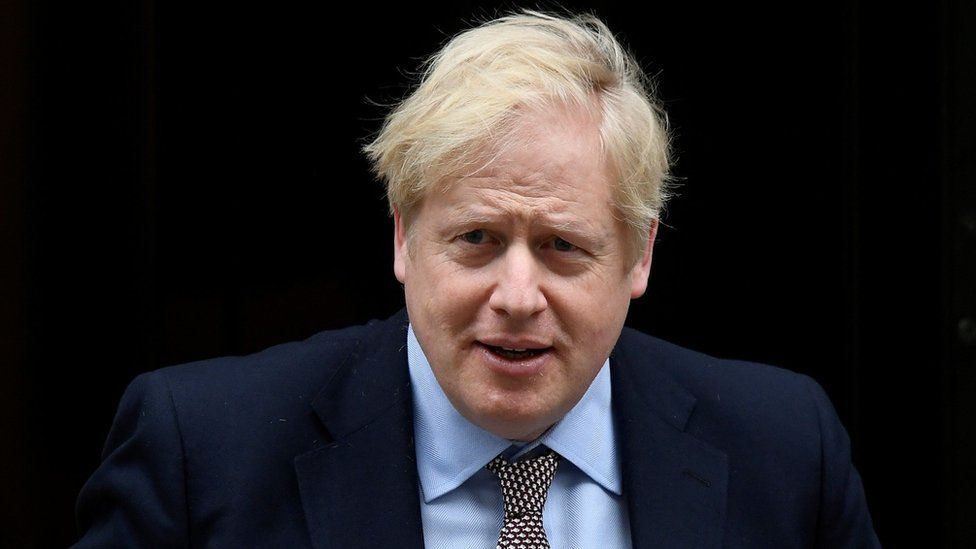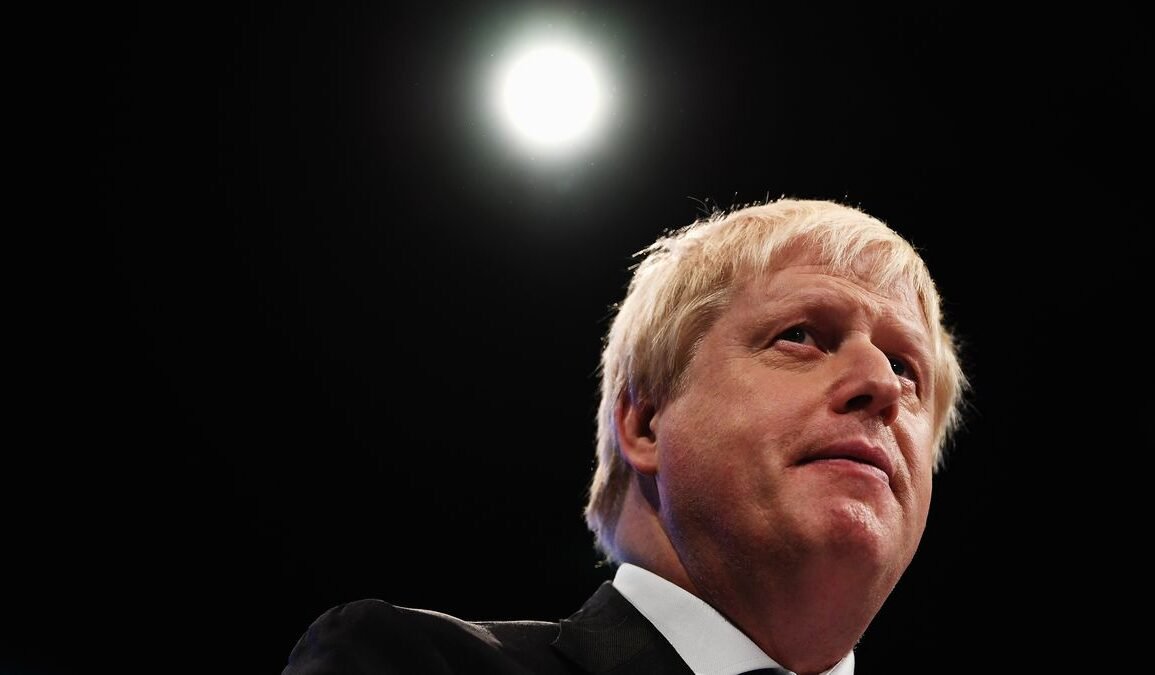The British Prime Minister has announced a new tax increase, in the second round of increases in less than a year, to alleviate the lack of funds from the National Health System (NHS, in English) and the increasing expenses of elderly care, in a decision that will take the tax burden to a maximum of 70 years. But the tax that he has decided to raise – the social contributions, paid by workers and employers – has unleashed strong criticism from the opposition, which sees a growing generation gap among the country’s taxpayers.
This increase, of 1.25%, will especially affect workers who earn between 30,000 and 60,000 pounds a year, figures in which the entire middle class of the country is clearly located. This group will have to pay between 9% and 11% of their salary in contributions, compared to 7% of the group that earns more than 100,000 pounds, for example. To that will be added a 1.25% tax on dividends, which he hopes to raise about 600 million annually. In total, the Government expects to raise 12 billion pounds a year from these two increases.
The opposition has denounced that, unlike income tax, contributions fall exclusively on those under 65 years of age, while the money collected will go mainly to taking care of the elderly, in a generational money transfer that joins the that already exist. For example, this year pensions will rise to the level of the CPI, which may represent more than a 4% increase. Meanwhile, the minimum wage has only risen 2.2% and companies expect to increase their workers’ wages by 2.9% on average, according to a study by Willis Towers Watson. The result is that the majority of workers will see their purchasing power fall, even before this tax increase, while pensioners have it guaranteed by law.
That adds to a long list of economic stresses, such as the difficulty of young people buying a flat – 63% of homeowners in England are over 65, and the median age of homeowners is 68. , according to government data – or the high cost of university education – about 9,000 pounds a year. Two basic fields in which previous generations faced much lower economic barriers than today.
Meanwhile, the UK Federation of Small Businesses has calculated that this tax hike will cost about 50,000 jobs, as businesses will have to pay about 5.7 billion, about half the cost. “The regressive increase in government taxes will put thousands of jobs at risk and stifle business creation,” denounced its president, Mike Cherry.

“Do something”
The Government has defended the measure because of the need to do something to close the growing hole that British healthcare is facing, especially due to the costs of care for the elderly, which increasingly need more attention for more years in the face of aging. population and the extension of life expectancy. “At least we have a plan,” Prime Minister Boris Johnson snapped at the leader of the opposition, Keir Starmer, during the control session on Wednesday. The Labor Party, for its part, is committed to raising personal income tax, to distribute costs more fairly. “Will this plan cover the lack of funding from the NHS? No. Is there a plan for long-term care? No. Is this rise going to help the recovery? No,” replied Labor Economy spokeswoman Rachel Reeves.
Even so, not all ‘Tory’ deputies seem to agree with this measure. Johnson appeared in the 2019 elections expressly promising not to make any of these increases that will lead to a vote today, which has aroused criticism among the most liberal deputies in his parliamentary group. “We also did not have a centennial pandemic in the program,” Johnson justified himself before criticism from his ranks. An emergency poll by Opinium has shown a 45% rejection of this rise, compared to 33%. The question is how big the ‘Tory’ rebellion will be at one more tax hike. Johnson continues to make it clear that he will be the leader of the Conservatives, but that he is not a ‘Thatcherist’.





